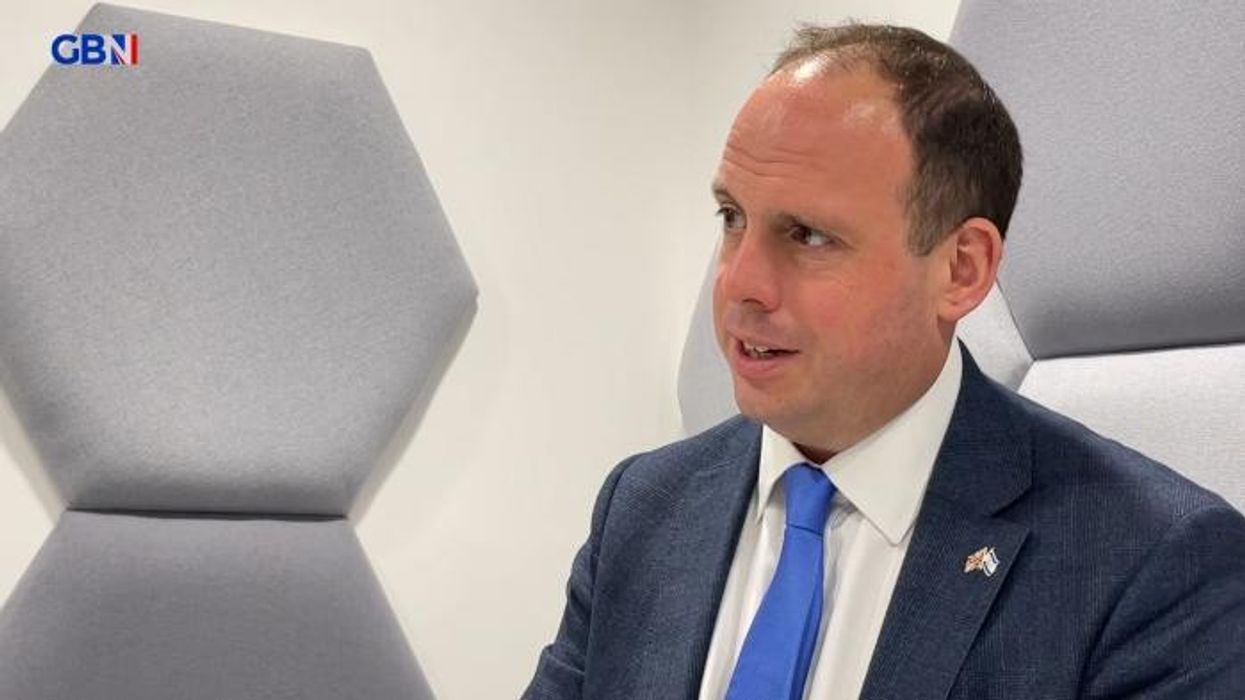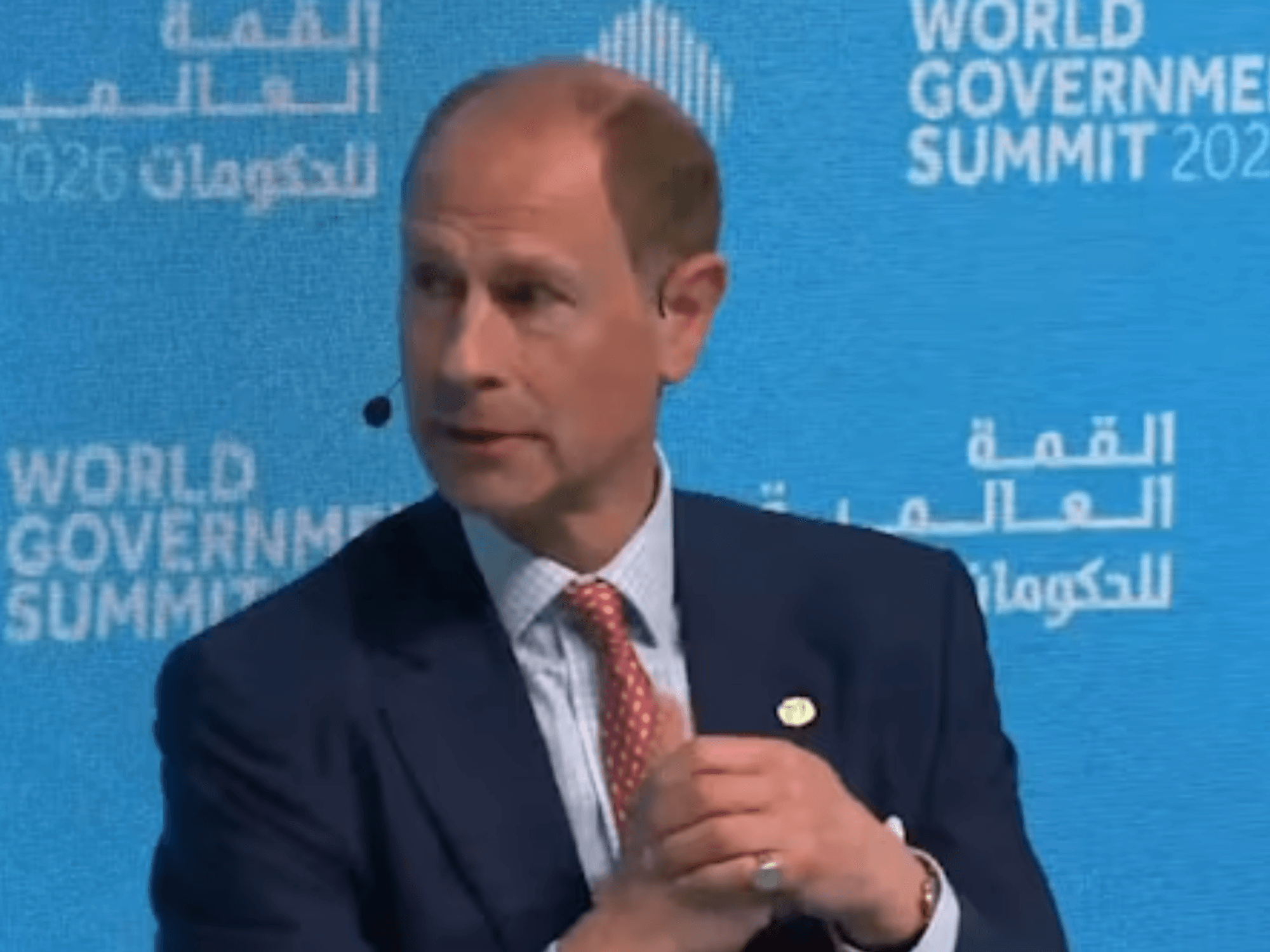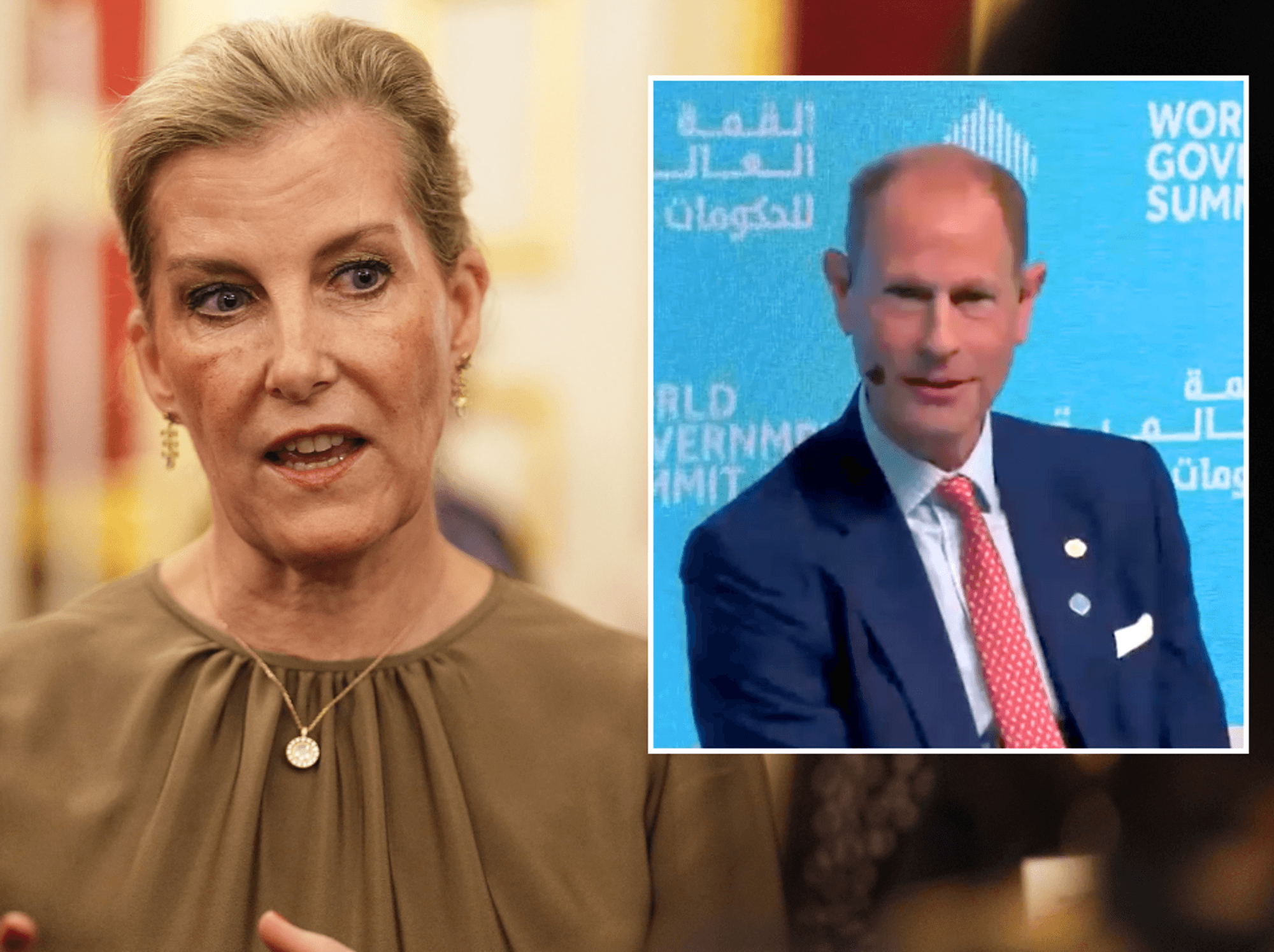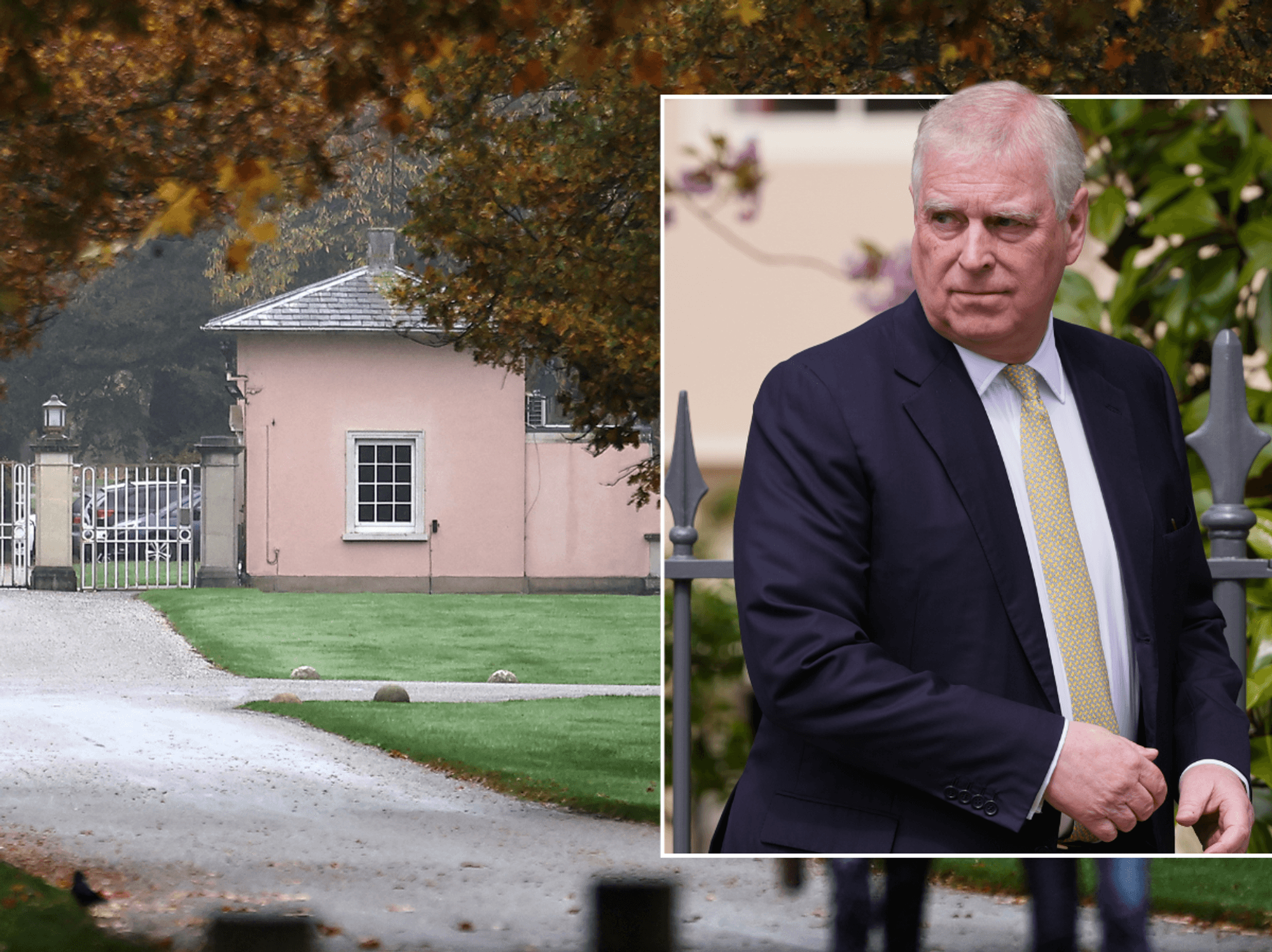Yorkshire Building Society issues urgent warning to Labour as millions of children face financial crisis

Savers urged to be careful of tax on savings interest |
GBNEWS

Nearly half of all parents say they fear that high housing costs will derail their child’s financial future
Don't Miss
Most Read
Yorkshire Building Society's new research has warned that the next generation is heading for a financial crisis unless urgent action is taken.
The financial services company is calling on the Labour Government to prioritise money lessons in schools as families grow increasingly anxious about their children's future.
A growing number of parents across the UK are calling for financial education to become a core part of the school curriculum, warning that today’s children are entering adulthood financially unprepared.
New research from the mutual found that 89 per cent of UK parents with children aged 5 to 17 want financial education added to the national curriculum. Yet only 47 per cent of children aged 7 to 17 are currently receiving meaningful financial lessons.

Yorkshire Building Society issues warning
| PA / GETTYChris Irwin, Director of Savings at Yorkshire Building Society, said: "This research shows that parents recognise that financial education is incredibly important, but they are juggling many different priorities when it comes to talking to their children about life skills.
"Although most recognise that children should start learning about money during primary school, many may not realise that attitudes and behaviours start developing at a very early age, and habits can form by the age of seven."
Only 35 per cent of parents talk to their children about money at least once a fortnight, despite 91 per cent saying it is essential.
According to the Money and Pensions Service, only 47 per cent of UK children aged 7 to 17 receive meaningful financial education, leaving over five million young people without the skills they need to manage money in adulthood
Despite financial education being added to the national curriculum in England in 2014, delivery is inconsistent, with 61 per cent of young adults saying they received no financial education at secondary school.
Irwin added: "We can see that most parents lean on personal experience to teach their children about money, meaning that those from less financially-savvy families could be at a disadvantage, and we can also see how parents’ confidence dips when talking about important, but more complex topics such as debt and credit.
"We hope that the Government will increase the focus on financial education in schools and make it mandatory for all pupils across the country so no child misses out on developing important life skills relating to money."

Yorkshire Building Society, MyBnk, and others are now waiting to see if those recommendations go far enough
| GettyEducation charity MyBnk has echoed the call. Its CEO, Leon Ward, said: "Young people, parents, and educators overwhelmingly want better financial education in schools. Yet, despite this clear demand, financial education has not been made a priority in the report’s key focus areas for improvements."
MyBnk highlighted that while digital literacy and climate change are being emphasised under the Department for Education’s "responding to social and technological change" category, money skills remain overlooked.
Ward added: "We would welcome clarification from the Department for Education (DfE) on its priority areas, particularly as the interim report’s key areas are likely to shape the outcomes of the final review."
The Department for Education spokesman said: “Professor Becky Francis has made clear the review is actively analysing whether the current curriculum content sufficiently equips pupils with the knowledge and skills needed for life and work, including financial literacy skills.
"And as recognised, financial education was flagged in the review’s interim report. It is inaccurate to suggest the review is overlooking financial literacy before the final report and recommendations are published in the autumn."

Nearly half of all parents say they fear that high housing costs will derail their child’s financial future
| ANGLIANNearly half of all parents say they fear that high housing costs will derail their child’s financial future. Forty-two per cent are worried about job instability, and over a third believe their child may not earn enough to cover basic living expense
Yorkshire Building Society, MyBnk, and others are now waiting to see if those recommendations go far enough.
As households grapple with rising costs, stagnating wages, and an uncertain economy, many parents feel ill-equipped to tackle financial education alone.
Seventy per cent use their own personal experience as a teaching tool, but younger parents are far more likely to turn to digital resources such as apps and online content.
More From GB News










